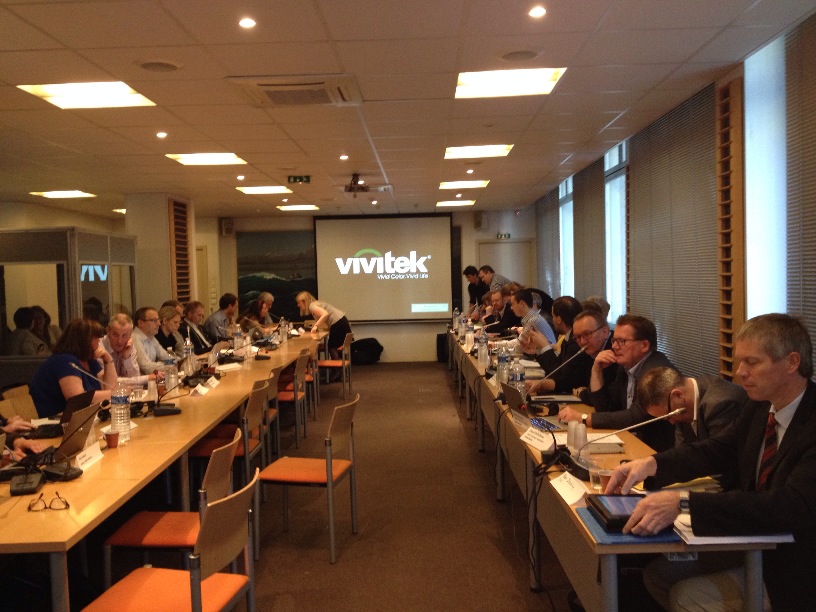10 April 2014
The Norwegian Fishermen's Association, Norge Fiskarlag, joined the Demersal Working Group of North Sea Advisory Committee for its recent meeting in Paris. It is the second time that the Norwegians have joined the NSRAC in discussions, after an initial meeting in Trondheim last year.
The
purpose of drawing the Norwegian Association into discussions on major policy
areas, such as the EU landings obligation and multi-annual management plans, is
in recognition that many North Sea demersal stocks are shared with Norway, and
subject to joint management. It makes no sense at all to work up a plan to
deliver to the Norwegians, only to have it blocked at the last hurdle. Better
to work openly with the Norwegians from the outset in a spirit of cooperation,
solving difficult problems together.
Besides,
the Norwegians bring insight and experience that can be extremely useful in
dealing with the discard ban.
During
the meeting, the main conclusion of Norge
Fisarlag on the implementation EU landings obligation was succinct: “You
should start with fewer species and go more slowly.”
Giving
fisheries managers and the fishing industry a fighting chance to deal with the
issues as they arise seems eminently sensible to both the Norwegian Fishermen’s
Association and the EU fishing industry – but that’s not the way it’s going to
be.
The
Norwegians repeatedly emphasised the need for a pragmatic approach. The
penalties for discarding in Norway may be very severe but they seem to be
applied only to the most entrenched repeat offenders. There is also some
flexibility in discarding small amounts of unwanted catch. The discard ban in
Norway applies to dead and dying fish unless they are damaged, either by
predation or during fishing operations.
The
latest generation of Norwegian fishing vessels have integrated fish meal plants
aboard to deal with all “unwanted”fish.
Enforcement
of any discard ban is acknowledged to be challenging. The Norwegian Coastguard
monitors the fisheries by using direct observation, inspectors aboard some
vessels, and by checking catch compositions against a reference fleet. But the
Norwegians are adamantly against the use of CCTV cameras.
There
are lessons to be learnt here without necessarily following the Norwegian
system slavishly. Indeed Norge Fiskarlag
explicitly recognised that the demersal fisheries in the North Sea are much
more complex with many more species to deal with than the relatively “clean”
fisheries at North Norway.
These
were considered to be fruitful discussions by all parties and the intention is
to find cost effective ways of working closely with Norge Fiskelag in the future.

